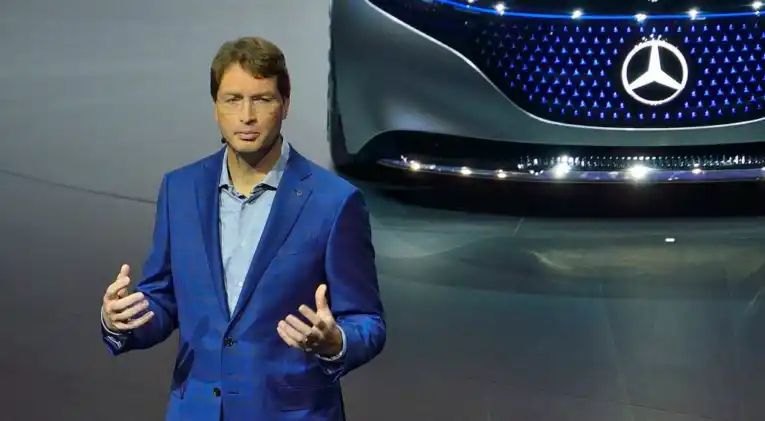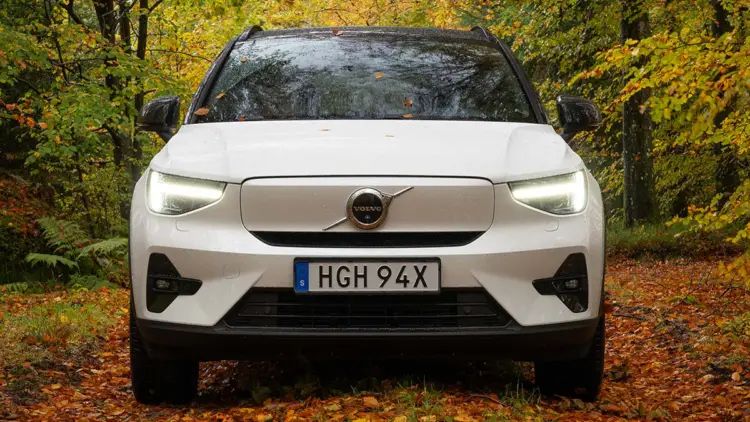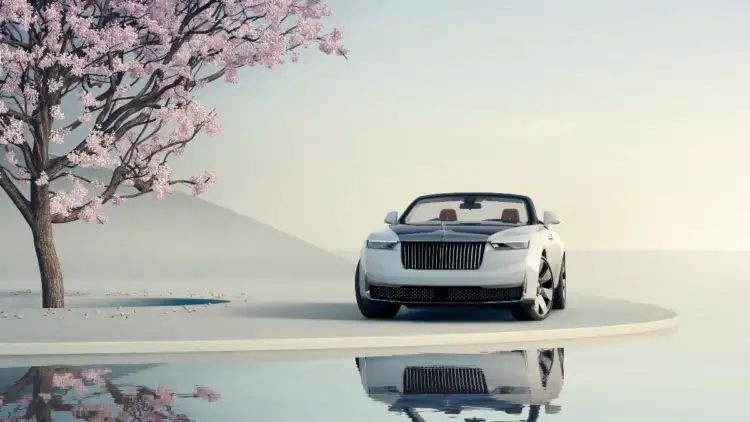Mercedes-Benz CEO Calls For Lower EU Tariffs On Chinese EVs Amid Commission Probe: ‘Let Competition Play Out’

Amid ongoing trade tensions, the CEO of Mercedes-Benz has made a public plea for the European Union to reconsider its stance on tariffs for Chinese electric vehicles.
This comes at a critical time when the European Commission is actively investigating the impact of Chinese subsidies on the automotive sector.
What Happened: The chief executive of Mercedes-Benz, Ola Källenius, has urged the European Union to reduce tariffs on electric vehicles imported from China. This appeal comes as the European Commission contemplates increasing import duties due to an ongoing investigation into China’s subsidies for its car industry, as reported by the Financial Times on Tuesday.
“Don’t raise tariffs. I’m a contrarian, I think go the other way around: take the tariffs that we have and reduce them,” he said.
Källenius argues that welcoming competition from China could enhance the quality of European cars over time. He called the entry of Chinese carmakers as a “natural progression of competition and it needs to be met with better product, better technology, more agility.”
“That is the market economy. Let competition play out,” he added.
The European Commission’s probe is centered on whether Chinese carmakers benefit from state subsidies, allowing them to offer lower-priced vehicles in Europe and potentially undercut European manufacturers. French carmakers like Stellantis (NYSE:STLA) and Renault have been outspoken about the threat posed by Chinese electric vehicles.
However, German carmakers, which have significant sales and profits in China, are concerned about possible retaliatory actions from Beijing. More than a third of Mercedes-Benz sales occur in China, and the country represented 40% of Volkswagen’s sales last year. Notably, Chinese companies Geely and SAIC hold a stake in Mercedes-Benz.
Källenius emphasized that neither his company nor the best Chinese companies seek protectionism but rather wish to compete globally. He highlighted the benefits of open markets and warned against the long-term failure of protectionist policies.
Currently, Chinese EVs face a 10% tariff in Europe, while European carmakers are subject to a 15% tariff when exporting to China. Källenius called for a “level playing field” and stressed the importance of creating mutually beneficial economic situations.
While Stellantis and Renault have struggled in China, and the French government is pushing for measures against Chinese firms, Källenius’s stance represents a stark contrast. He advocates for reduced tariffs and open competition.
Why It Matters: In September, the possibility of imposing tariffs on Chinese EV imports was already causing a stir in the market. Analysts predicted that European giants like Stellantis and French automaker Renault could benefit from such protectionist measures.
By January, the scrutiny had intensified with the European Commission setting sights on Chinese automakers, including BYD (OTC:BYDDY) and Geely Automobile Holdings (OTC:GELYY), as part of a probe into potential punitive tariffs. The investigation, launched in October and expected to last 13 months, aims to assess the impact of state subsidies on the competitiveness of Chinese-made EVs.
Image by Spielvogel via Shutterstock
Engineered by Benzinga Neuro, Edited by
The GPT-4-based Benzinga Neuro content generation system exploits the extensive Benzinga Ecosystem, including native data, APIs, and more to create comprehensive and timely stories for you.





